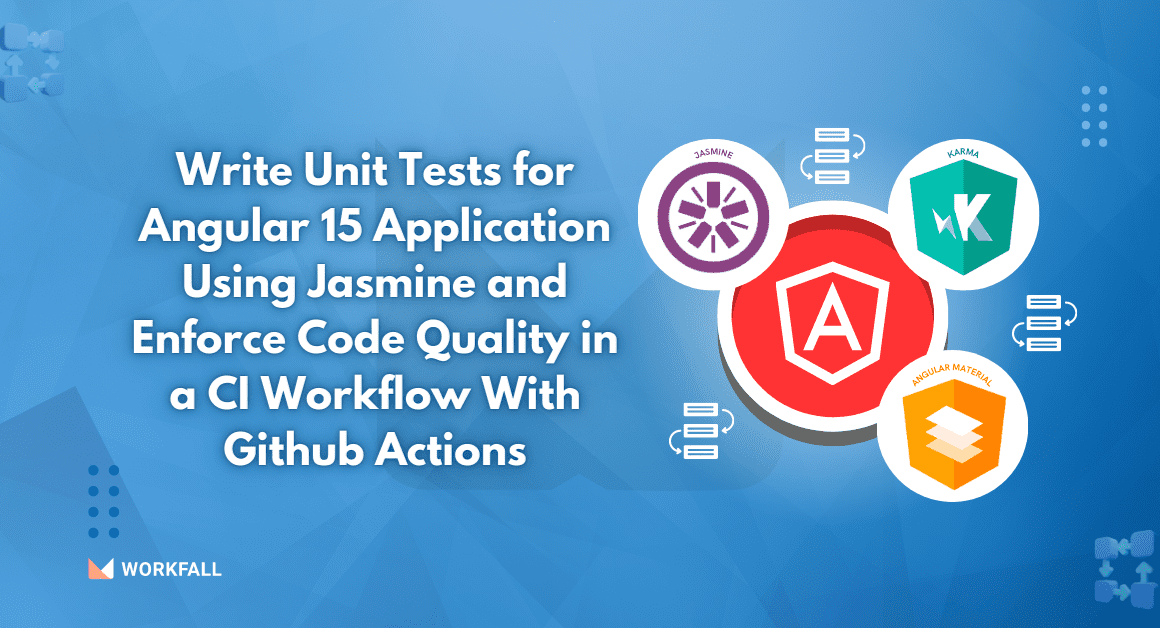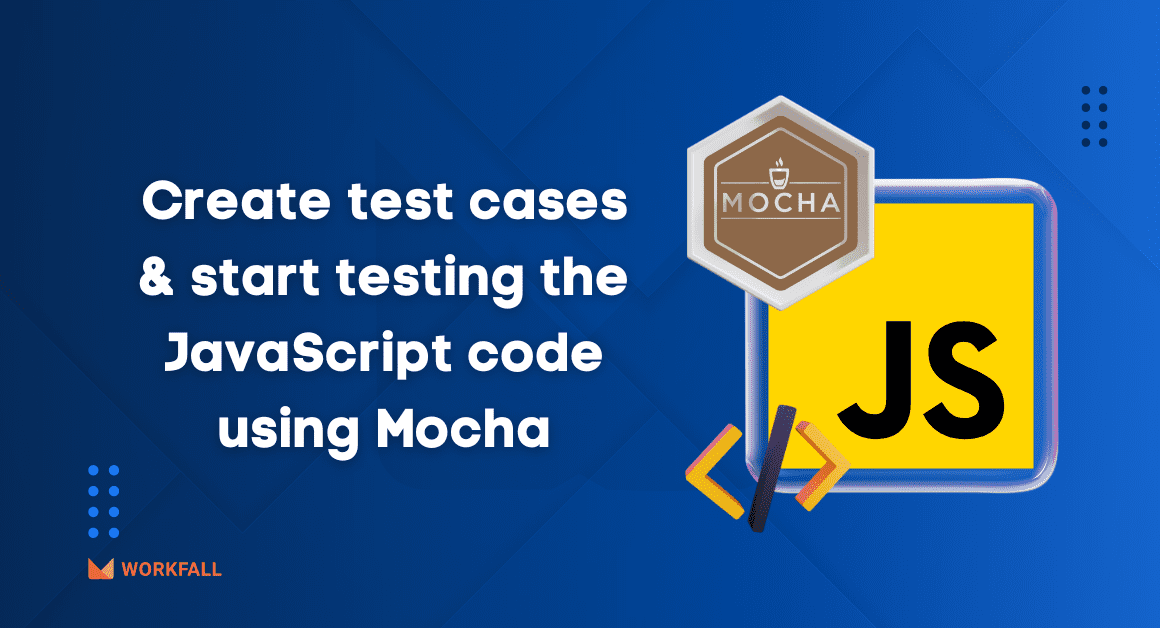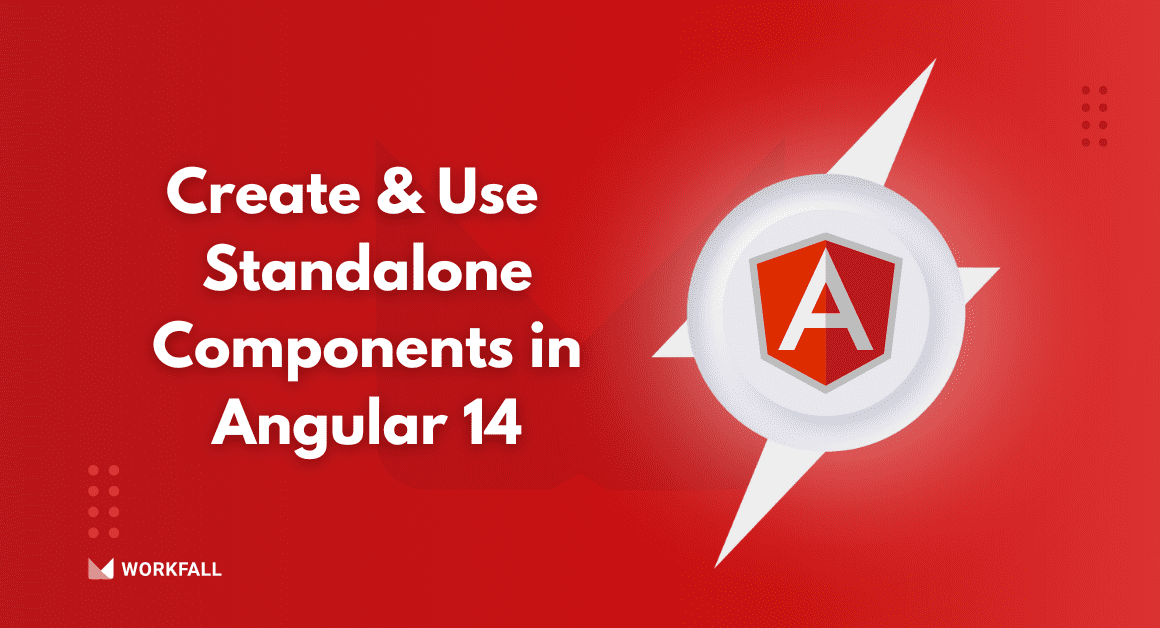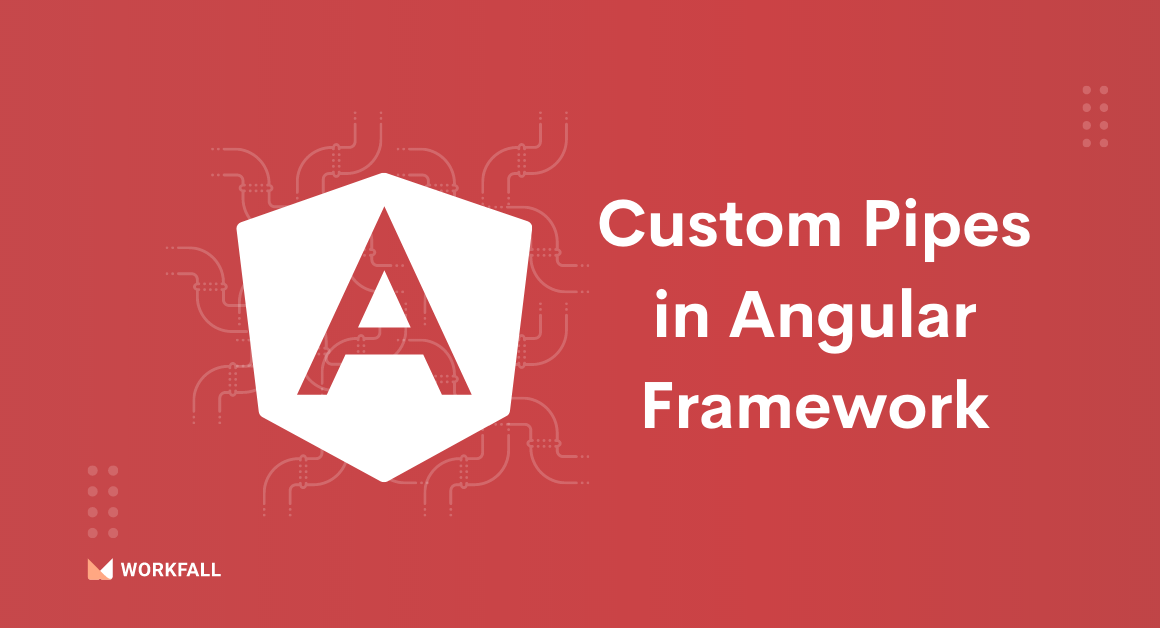How to Write Unit Tests for Angular 15 Application Using Jasmine and Enforce Code Quality in a CI Workflow With Github Actions?
Reading Time: 10 minutes Refer to Part 2 of this blog, to know How to Write Unit Tests for Forms in an Angular 15 Application Using Jasmine? In this blog, we will cover: What is Unit Testing? About Angular About Jasmine Hands-on Conclusion What Is Unit Testing? As you develop applications, you write code and as the application features […]
How to create test cases and start testing the JavaScript code using Mocha?
Reading Time: 9 minutes Better architecture results from well-tested code. It is always simpler to change and improve. Jest, Jasmine, Mocha, QUnit, Karma, Cypress, and other test-driven development tools are available for JavaScript, just as they are for any other programming language. In this blog, we will show you the full implementation of how to create test cases and […]
Create & Use Standalone Components in Angular 14
Reading Time: 8 minutes App development is now super-simple and quicker with the new features including standalone components in Angular 14. Because of the standalone components, the use of NgModules has now become optional. The Angular developer community strives to provide web developers with better versions of the TypeScript-based framework while also allowing them to stay on track with […]
How to use HttpClient in Angular?
Reading Time: 6 minutes To download or upload data and access other back-end services, most front-end applications must communicate with a server using the HTTP protocol. The HttpClient service class in @angular/common/http provides an Angular application with an HTTP client API. The HttpClient is a lightweight, easy-to-use, and robust HTTP client library. It allows developers to collect external data, […]
Custom Pipes in Angular Framework
Reading Time: 6 minutes In Angular, pipes are a helpful feature. They’re a quick and easy way to change values in an Angular template. A pipe accepts one or more values and then returns one or more values. Pipes can be used to display strings, currency amounts, dates, and other types of data. Pipes are basic functions that accept […]




